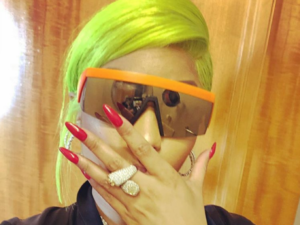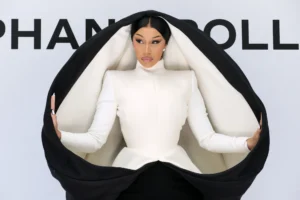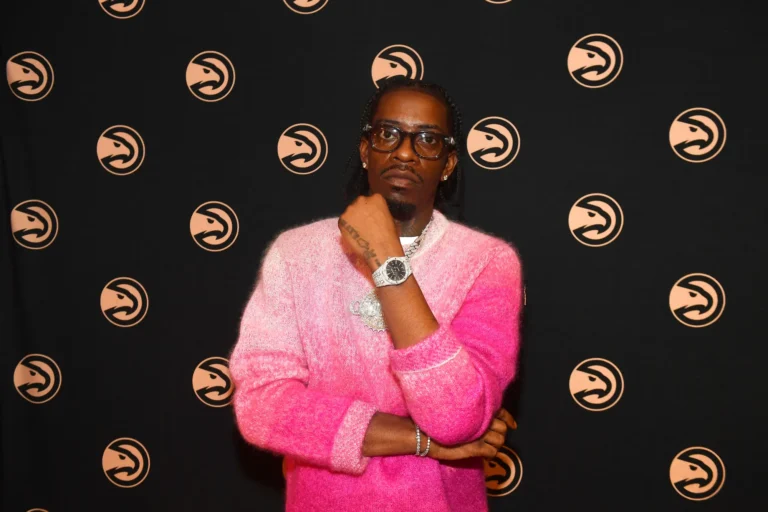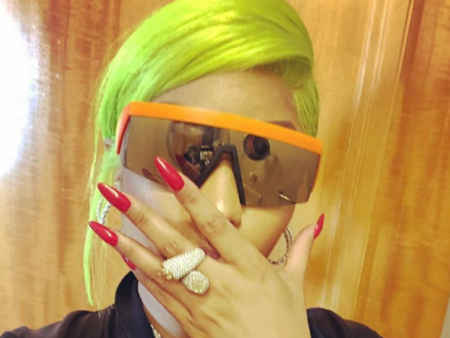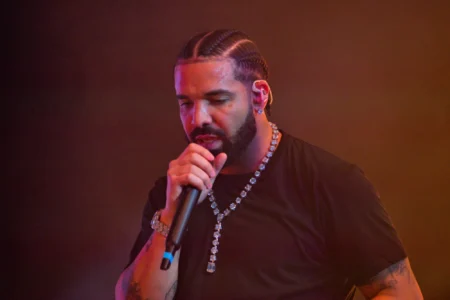Rich Homie Quan’s tragic passing has once again brought attention to the controversial practice of “checking in” when visiting cities like Los Angeles. In a 2022 interview on Math Hoffa’s My Expert Opinion podcast, Quan candidly shared his experience with the practice, highlighting its role in establishing trust and community. For Quan, checking in wasn’t about paying money or engaging in street politics—it was about respect, building connections, and supporting local youth.
Rich Homie Quan’s View on Checking In
Quan’s view of checking in contrasted sharply with that of other prominent rappers, as he explained how influential figures like Eugene “Big U” Henley played a significant role during his visits to Los Angeles. “First time I ever went to L.A., they knew what time I landed, they knew what hotel I was at before I landed,” Quan recalled. “Man, we got to go pull up on Big U,” he continued, reflecting on the tradition of being connected to local figures in the community.
Quan went on to explain that his interactions with Big U were positive and community-oriented, emphasizing that he had never encountered any problems. “All Big U asked for was a simple gesture—taking pictures with local kids,” he noted. For him, checking in was a practice rooted in tradition, a way to show respect and build relationships without involving street politics or monetary exchanges.
The Criticism of Checking In: ScHoolboy Q’s Perspective
In stark contrast, ScHoolboy Q has been outspoken against the practice of checking in, offering a more critical perspective during his appearance on Drink Champs. “Check in with somebody that’s going to rob your stupid a**,” Q remarked, implying that checking in with individuals involved in street conflicts could put rappers in dangerous situations. He cautioned that rappers should avoid getting caught up in street politics and simply enjoy their visits without fearing potential risks.
ScHoolboy Q’s sentiments highlight the divisive nature of checking in, especially as it pertains to rappers’ safety and well-being. While some, like Rich Homie Quan, see it as a respectful tradition, others view it as a practice fraught with danger and potential exploitation.
The Ongoing Debate: Big U’s RICO Case and the Controversy of Extortion
Following Rich Homie Quan’s passing, the debate surrounding checking in has gained new traction, particularly in light of Big U’s ongoing RICO case. Accusations of extortion and criminal activity have surfaced, suggesting that checking in could be used to exploit artists and force them into compromising situations.
Prosecutors argue that the practice could serve as a means of leveraging power, with some individuals using their influence to extract money or other resources. For many, the allegations in the case raise concerns about how street politics can intersect with the business of hip-hop, complicating the relationship between artists and local figures.
The Future of Checking In in Hip-Hop
The discussion of checking in in hip-hop culture remains complex and multifaceted. For some like Rich Homie Quan, it is a gesture of mutual respect and community building, helping to foster connections with local figures and fans. But for others, particularly those like ScHoolboy Q, it presents unnecessary risks and can even lead to exploitation or harm.
As the debate continues, especially amid Big U’s legal troubles, the future of checking in and its role in the culture of hip-hop remains uncertain. The practice’s implications are far-reaching, and its controversial nature will likely continue to spark conversation for years to come.

